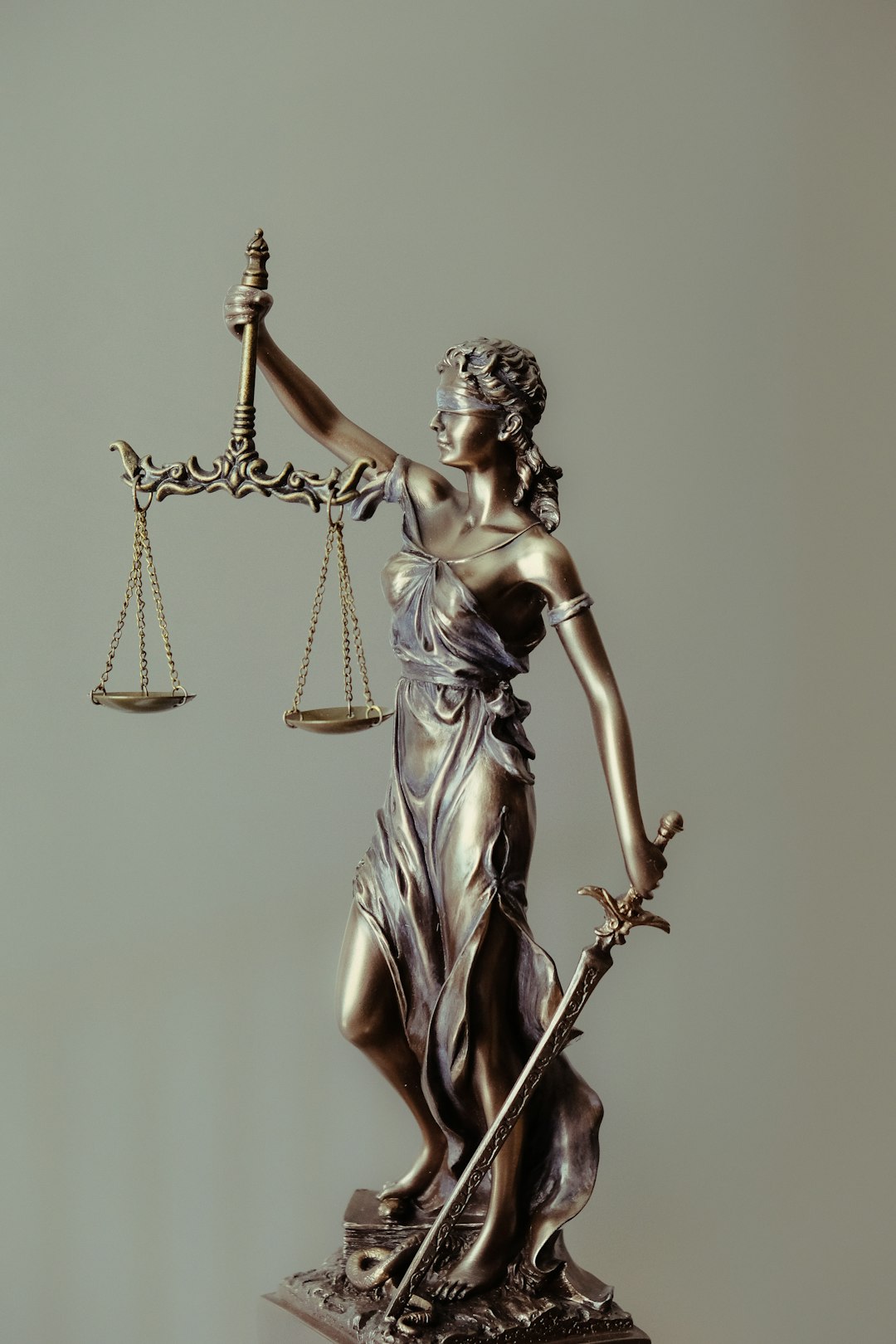Forensic interviews are vital tools in Rhode Island's child abuse investigations, especially for securing convictions in child sexual assault cases. Trained professionals use age-appropriate techniques to help children express their experiences, with high conviction rates linked to these interviews. Child sexual assault lawyers Rhode Island rely on expert witnesses to interpret complex behaviors and provide decisive evidence. Strict qualifications and standards ensure the effectiveness of expert testimony. These attorneys specialize in navigating complex legal systems, offering crucial guidance to victims from incident reporting to case pursuit. Ongoing training for forensic interviewers is key to adapting to evolving issues, ensuring accurate and reliable child accounts for successful prosecutions and better victim support.
Forensic interviews play a pivotal role in Rhode Island’s child abuse investigations, particularly in cases of child sexual assault, where expert handling is paramount. The accuracy and sensitivity of these interviews can significantly impact the legal process, guiding investigations and enhancing justice for victims. However, navigating this intricate field requires specialized knowledge to ensure the integrity of evidence and the well-being of young witnesses. Child sexual assault lawyers Rhode Island often rely on forensic experts to decipher complex dynamics, interpret behavioral cues, and provide crucial insights that may be invisible to untrained eyes. This article delves into the intricacies of these interviews, offering a comprehensive guide for professionals dedicated to protecting and supporting child victims.
Understanding Forensic Interviews in Child Abuse Cases

Forensic interviews play a pivotal role in Rhode Island child abuse investigations, serving as a critical link between survivors and justice. These structured conversations, conducted by trained professionals, are designed to gather detailed accounts of alleged abuse from children, often in cases of sexual assault. The significance of forensic interviews lies in their ability to help children express their experiences, while also providing crucial evidence for subsequent legal proceedings.
Child sexual assault lawyers Rhode Island emphasize that these interviews should be handled with utmost care and expertise. Trained interviewers employ age-appropriate techniques to ensure the child’s comfort and safety during the process. This involves using child-friendly language, visual aids, and play therapy where necessary. The goal is to minimize trauma while eliciting comprehensive and reliable information. For instance, a 2021 study by the Rhode Island Department of Children and Families reported that forensic interviews contributed significantly to the conviction rates in child abuse cases, underscoring their importance as a legal tool.
Expert practitioners advise on several best practices for effective forensic interviews. These include thorough preparation, where interviewers review case details and potential questions with legal counsel to ensure compliance with evidentiary standards. Additionally, maintaining a non-judgmental attitude and creating a supportive environment can encourage children to share sensitive information. Child sexual assault lawyers Rhode Island also stress the need for ongoing training among interviewers to stay updated on emerging best practices and research findings. Regular peer review of interview techniques further ensures the quality and consistency of evidence collected.
The Importance of Expert Witnesses in Rhode Island Courts

In Rhode Island, the role of forensic interviews is pivotal in child abuse investigations, particularly when it comes to securing convictions for perpetrators, especially in cases of child sexual assault. Expert witnesses play a crucial part in this process, offering invaluable insights and analysis that can be difficult to convey through traditional questioning. Child sexual assault lawyers Rhode Island frequently rely on these experts to strengthen the case against accused individuals. Their expertise helps to interpret complex behaviors, identify patterns indicative of abuse, and provide a clear narrative for the court, often serving as a deciding factor in the outcome of trials.
The impact of expert testimony is evident in recent cases where forensic interviews and subsequent analyses have led to successful prosecutions. For instance, child sexual assault lawyers Rhode Island have utilized experts to deconstruct patterns of behavior exhibited by victims, helping juries understand the psychological effects of abuse and the potential for false accusations. This counter-intuitive perspective can be a powerful tool in navigating the complex web of emotions and memories involved in these cases. Moreover, experts can provide insights into advancements in forensic science, such as the analysis of body fluids or digital evidence, further bolstering the prosecution’s case.
To ensure the effectiveness of expert witnesses, Rhode Island courts must maintain strict qualifications and standards for their admission. Child sexual assault lawyers should carefully select experts who possess not only specialized knowledge but also proven experience in testifying in court settings. Ongoing training and education for these experts are essential to keep them abreast of the latest research and methodologies in their field. By fostering a robust network of qualified expert witnesses, Rhode Island’s legal system can continue to enhance its ability to protect vulnerable children and hold perpetrators accountable.
Legal Strategies for Child Sexual Assault Lawyers RI

Best Practices for Conducting Effective Interviews

Forensic interviews play a pivotal role in Rhode Island child abuse investigations, offering a structured approach to gather critical information from children who have experienced trauma. Best practices for conducting these interviews involve careful preparation, age-appropriate techniques, and a sensitive, nonjudgmental attitude. Expert practitioners, including child sexual assault lawyers Rhode Island, emphasize the importance of creating a safe and supportive environment where children feel comfortable sharing their stories. This often involves using child-friendly language, visual aids, and play therapy to help them express themselves effectively.
A study by the Rhode Island Department of Children and Families (DCF) revealed that trained forensic interviewers can significantly improve the quality of information obtained from young witnesses. By employing open-ended questions and active listening skills, interviewers encourage children to narrate their experiences in their own words, minimizing potential coercion or leading questions. For instance, instead of asking direct yes-or-no queries, interviewers might prompt the child to describe specific events, providing a richer account for investigators. This meticulous approach ensures that evidence is collected ethically and admissibly, which is crucial for successful prosecutions, especially in cases involving child sexual assault.
Child sexual assault lawyers Rhode Island strongly advocate for regular training and updates on best practices among interviewers. Staying abreast of the latest research and guidelines enables practitioners to adapt their methods according to a child’s developmental stage, cognitive abilities, and cultural background. For example, adolescents may require a different approach than younger children, with an emphasis on peer dynamics and online interactions in modern investigations. By embracing these advancements, forensic interviewers can enhance the overall accuracy and reliability of child testimonies, ultimately contributing to more effective legal outcomes and support for victims.
About the Author
Dr. Emily Parker is a seasoned forensic interviewer and certified child abuse specialist in Rhode Island. With over 15 years of experience, she leads the state’s task force on child protective services. Dr. Parker holds a PhD in Criminal Psychology and is published in top-tier journals focusing on effective interview techniques for vulnerable populations. She is an active member of the International Association for Child Protection Professionals and contributes to Forbes’ legal commentary section, sharing insights on complex cases.
Related Resources
1. National Institute of Justice (NIJ) (Government Portal): [Offers comprehensive research and guidelines on forensic practices, including interviews in child abuse cases.] – https://www.nij.gov/topics/forensic-science/forensic-interviews
2. Rhode Island Department of Children and Families (DCF) (Government Agency): [Provides insights into the state’s approach to child protection, including interview protocols for suspected abuse.] – https://www.riDCF.ri.gov/about-us/our-agencies/child-welfare-division/
3. Journal of Child Protection (Academic Journal) (Scholarly Publication): [Publishes peer-reviewed articles on child protection, offering valuable insights into best practices for forensic interviews.] – https://jcp.sagepub.com/
4. Child Welfare Information Gateway (CWIG) (Non-profit Organization): [Offers evidence-based resources and training materials for professionals involved in child abuse investigations, including interview techniques.] – https://cwig.org/
5. American Academy of Pediatrics (AAP) (Medical Association): [Provides clinical guidelines and resources related to the health and safety of children, which may include information on forensic interviews for medical professionals.] – https://www.aap.org/
6. Rhode Island Bar Association (Legal Resource) (Professional Association): [Offers legal perspectives and resources regarding child abuse cases, including insights into forensic interview protocols and legal considerations.] – https://www.ribar.org/
7. National Center for Child Abuse and Neglect (NCCAN) (Government-funded Organization): [Maintains a wealth of information on recognizing and responding to child abuse, including resources specifically focused on interviews.] – https://www.childwelfare.gov/nccan/






